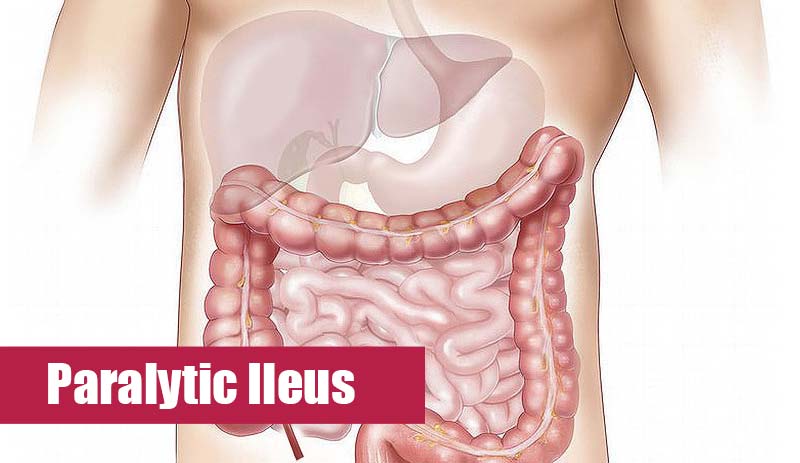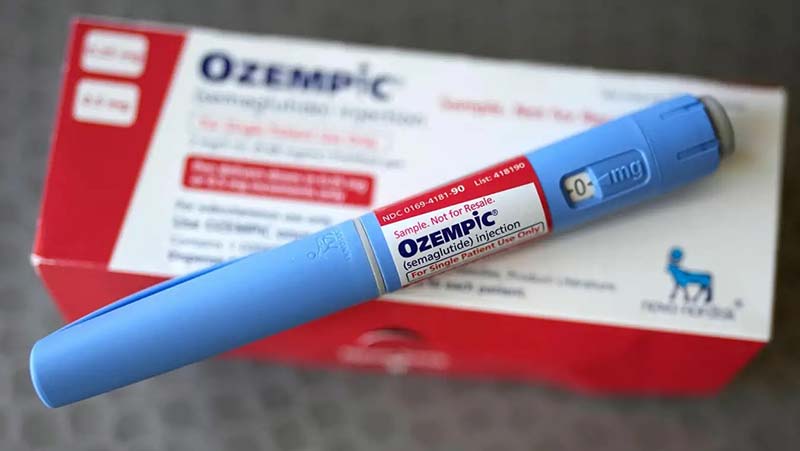Are You Using Ozempic for Weight Loss?
Are you taking Ozempic for weight loss? Ozempic (generic name: Semaglutide) is a medication designed for use by Type 2 diabetics but has recently been widely prescribed for weight loss. Unfortunately, there are serious and potentially permanent side effects. The manufacturer, Novo Nordisk, and prescribers are not fully informing patients about these dangers that may be irreversible.
Contact Our Ozempic Malpractice Lawyers
888-987-0005
How Does Ozempic Help You Lose Weight?
Ozempic works by mimicking a natural hormone within the body. As those hormone levels increase, the molecules tell your brain that you're not hungry; portraying the feeling of being "full". It also slows digestion by increasing the time it takes for food to leave the body. This process is similar to the effects of Bariatric or Gastric bypass surgery.
Complaints About Ozempic
Many patients have reported experiencing certain side effects while taking Ozempic. The most common side effects of Ozempic include nausea, vomiting, diarrhea, abdominal pain, and constipation. Often, these side effects lessen over time as the body becomes used to the medication.

Ozempic Injection
An Ozempic Injection is a once-weekly injection used to manage blood sugar levels and A1c in Type 2 diabetics. It is designed to increase levels of a certain hormone to help your body produce more insulin when needed. It was found to also reduce your appetite, so you eat less, and it slows down the movement of food in your stomach and gut, so you stay full longer. This weight-loss side effect led Novo Nordisk to begin marketing a similar drug, Wegovy, specifically for weight loss.

Wegovy Injection
Wegovy is to be used only in people with a BMI over 30 or a BMI 27 or greater with a weight-related comorbid condition such as hypertension of high cholesterol.
Not surprisingly, these drugs are being widely prescribed off-label in persons who do not fit within the labeling criteria. Unfortunately, patients are not being fully informed of the dangers that can come with taking this drug outside the prescribing guidelines. They may also not understand that the drug only works so long as the patient continues to take it. Most patients will regain all the weight they lose once they stop taking the drug.
Source: The Today Show: Sept. 29, 2023
What Are Side Effects of Ozempic?
Ozempic Side Effects
Many serious side effects are not listed in the prescribing information, or were only recently added:
* Not listed on Ozempic warning label
- *Gastroparesis
- *Ileus
- Intraoperative Pulmonary Aspiration
- DVT (deep vein thrombosis)
- Malnutrition
- Pancreatic Cancer
Other Side Effects Include
Serious side effects of Ozempic including thyroid tumors and Medullary Thyroid Carcinoma (MTC). Other potential serious side effects include:
- Pancreatitis
- Thyroid C-Cell Tumors
- Diabetic Retinopathy (blood vessel damage in the eyes)
- Hypoglycemia (low blood sugar)
- Acute Kidney Disease
- Hypersensitivity
- Inflammation of the Gallbladder
- Gallstones
- Gallbladder Damage (possible removal)
- Serious Allergic Reaction (shortness of breath)
What is Gastroparesis?
Although the labeling describes numerous side effects, there are several more that the product labeling does not address at all. Once such side effect is called Gastroparesis.
Also known as Stomach Paralysis or Delayed Gastric Emptying, is a condition that affects the muscles in the stomach. As the name suggests, it can paralyze the stomach which can prevent proper stomach emptying and digestion.

Symptoms of Gastroparesis
Symptoms can range from mild to life-threatening and include:
- nausea
- vomiting
- bloating
- pain
- erratic blood glucose levels
- bloody vomit
- weakness
- fainting
- difficulty breathing
- dehydration
- malnutrition
If you have been diagnosed with Gatroparesis or if your doctor suspects you haveit; you may have to undergo various tests such as an emptying study or an Esophagogastroduodenoscopy (EGD).
What is Ileus?
In September of 2023, the Food and Drug Administration (FDA) added an additional serious side-effect to the Ozempic labeling: Ileus. Ileus is the medical term for intestinal blockage. This condition is also referred to as Bowel Obstruction.
Of the thousands of reports to the FDA of gastrointestinal complications related to Ozempic and Wegovy; ileus is mentioned in 33 of them, including two deaths. The FDA did not go so far as to indicate a direct link between these drugs and ileus, but it determined the risk was such that the public needed to be informed.
Ileus, depending on its cause, generally requires hospitalization. X-ray, CT (computerized tomography) or ultrasound may be needed to diagnose the intestinal obstruction. If the obstruction is only partial, it may work itself out with fluids. In cases of a complete obstruction, an enema or similar treatment may be needed to clear the blockage.

Symptoms of Ileus
Symptoms include:
- Abdominal cramps
- Bloating
- Nausea
- Vomiting
- Constipation
- Difficulty passing gas
- Difficulty tolerating a normal diet
Treating Paralytic Ileus
Ileus is treated by resting the bowel (allowing only sips of liquids and no food by mouth), providing intravenous (IV) fluids and electrolytes as needed. In some instances, passing a tube from the nose to the stomach or small intestine to suck out air can relieve abdominal swelling while waiting for bowel function to return.
Surgery may be required to clear the obstruction and/or remove portions of the intestine damaged by the obstruction. Sometimes, the obstruction is caused by a paralytic ileus; whereby the muscles of the intestine are paralyzed and do not work properly to move waste through the system. This may resolve on its own or with the assistance of medication. In rare cases, surgery may be necessary.
Intraoperative Pulmonary Aspiration - Acute intraoperative aspiration is a potentially fatal complication with significant associated morbidity. Several common anesthetic agents, including propofol, volatile anesthetics, and opioids, are known to cause a decrease in lower esophageal sphincter tone.
How Long Do Ozempic Side Effects Last?
Ozempic should not be used by people with a history of Medullary Thyroid Cancer or Multiple Endocrine Neoplasia Syndrome type 2 (MEN 2) (this includes any family history of these issues).
Most people who develop side effects from taking Ozempic have only mild, short-term symptoms. Side effects of Ozempic should go away on their own after a few days or weeks. In some cases, merely stopping the Ozempic can help alleviate the gastroparesis. Sometimes, other medications can help. In extreme cases, where the stomach has just stopped working altogether, tube feeding, or IV nutrition may be required.

Who Can File an Ozempic Lawsuit?
Understanding the way these drugs work to slow digestion, it is no surprise that it can paralyze the gut and cause serious, life-threatening conditions. The manufacturers of these drugs are not fully informing patients of these conditions and are simultaneously pushing the use of these drugs on people who derive little or no long-term benefit from them.
You may qualify to file an Ozempic lawsuit if you took Ozempic for weight loss or any other indication and medically diagnosed as to have suffered Gastroparesis or Paralytic Ileus. The medical malpractice lawyers of Miller Weisbrod Olesky are accepting cases from people who suffered severe gastroparesis after being prescribed Ozempic. We invite you to call our offices at 888.987.0005 to schedule your free consultation.
*Currently, you may not qualify if you had gastric bypass surgery, gastric banding, or gastric sleeve surgery before taking Ozempic.
These criteria are guidelines, and only a dedicated Ozempic Malpractice Lawyer can tell you if you qualify to file a lawsuit. Make sure you contact Miller Weisbrod Olesky immediately for a free case review and file a lawsuit for potential compensation. Depending on the state you live in, you may only have a limited time to file. If you have been prescribed any of these drugs and suffered serious gastrointestinal complications, please call us for a free case evaluation.
Call Our Ozempic Malpractice Lawyers
888-987-0005

